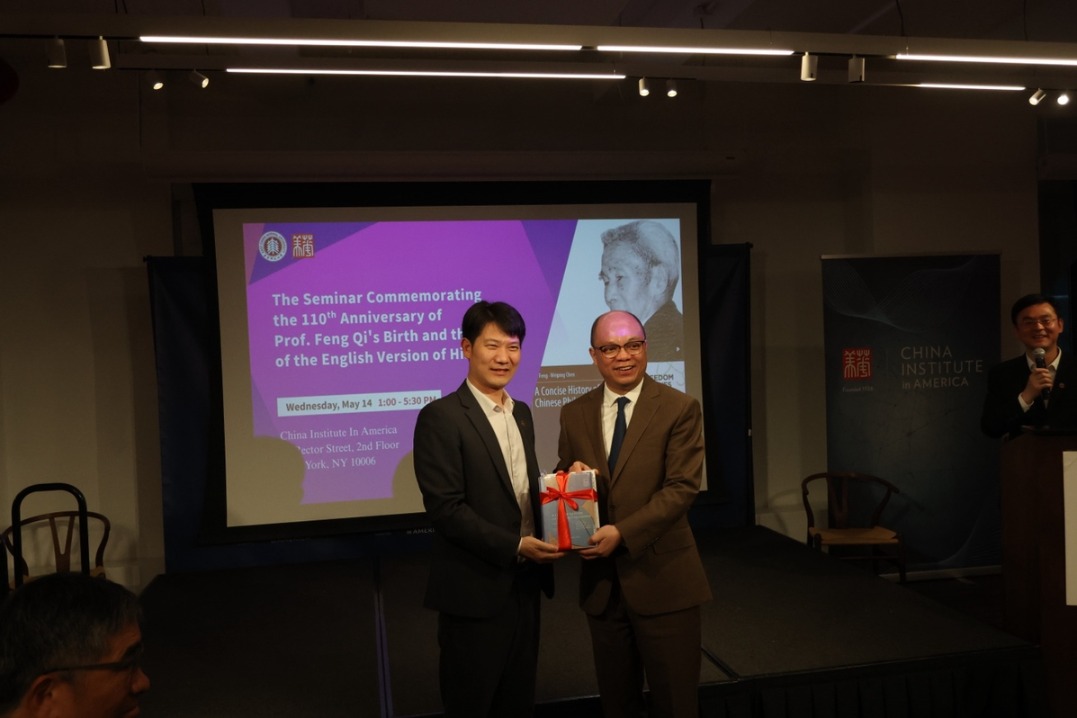Japan's main parties vie for seats in new parliament election


In their initial campaign speeches for the House of Representatives election, all leaders of Japan's six major parties highlighted the issue of "politics and money", stemming from the political funding scandal involving factions within the ruling Liberal Democratic Party.
Yoshihiko Noda, president of the main opposition party, the Constitutional Democratic Party of Japan, notably dedicated over 90 percent of his speech to this topic. Similarly, Yuichiro Tamaki, leader of the Democratic Party for the People, also spent the majority of his address discussing the issue of politics and money.
When the House of Representatives election was officially announced on Tuesday, party leaders delivered their first campaign speeches across Japan. The ruling coalition emphasized their policy achievements, while the opposition focused on criticizing slush funds and addressing everyday issues that affect people's lives.
This election marks the first major national contest where the LDP factions' political funding issue is a central topic, and some within the LDP are claiming that this will be the most challenging election since the party regained power in 2012.
A Kyodo News survey conducted on Saturday and Sunday found that 65.2 percent of respondents said they would take the LDP's slush funds scandal into "consideration" or "some consideration", while 32.2 percent indicated they would not.
In his first campaign speech for the election, Japanese Prime Minister and LDP President Shigeru Ishiba prominently featured the term "economy," stating, "We will introduce new economic measures."
In contrast, leaders from the opposition parties frequently referenced terms such as "money", "corporations", and "slush funds", highlighting their focus on the issue of money and politics.
Noda, in particular, repeatedly emphasized the term "slush funds", signaling his intention to make it a key issue in this House of Representatives election.
Additionally, Noda, along with Tomoko Tamura, leader of the Japanese Communist Party, and others, consistently called for the prohibition of corporate and organizational donations.
Terms like "tax cuts" and "consumption tax", which were absent from the ruling parties' speeches, were commonly used by opposition leaders.
The House of Representatives election, scheduled for Oct 27, will involve a total of 465 seats — 289 in single-member districts and 176 in proportional representation.
The key question will be whether the LDP and Komeito can secure a majority of at least 233 seats in the lower house of Japan's national legislature. The outcome will significantly impact Ishiba's ability to manage his administration effectively.
In addition to the simple majority required, there are other crucial seat thresholds: 244 seats are needed for a "stable majority", essential for the smooth passage of budgets and bills; 261 seats are necessary for an "absolute stable majority", which ensures dominance in all standing committees by controlling the chair positions; and 310 seats are required for a two-thirds majority in the House of Representatives, enabling the proposal of constitutional amendments and the re-passage of bills rejected by the House of Councillors, the upper house.
Prior to the election announcement, the ruling Liberal Democratic Party and its coalition partner Komeito held a combined total of 279 seats, while the main opposition Constitutional Democratic Party of Japan had 98 seats.
Noda, the leader of the CDP, aims to position his party as the "first party in comparison" to the LDP and to "break the majority held by the LDP and Komeito".
On Tuesday, a total of 1,344 people filed their candidacies. The ruling coalition is fielding 392 candidates: 342 from the LDP and 50 from Komeito.
In the previous House of Representatives election in 2021, five opposition parties — the CDP, the Japanese Communist Party, the Democratic Party for the People, Reiwa Shinsengumi, and the Social Democratic Party — formed a coalition. However, this time they were unable to coordinate their candidate nominations, resulting in a total of 567 candidates being fielded.
A public opinion poll conducted by The Nikkei in October revealed that the most preferred outcome for the House of Representatives election was for the seats to be evenly divided between the ruling and opposition parties, with 52 percent of respondents favoring this option.
































